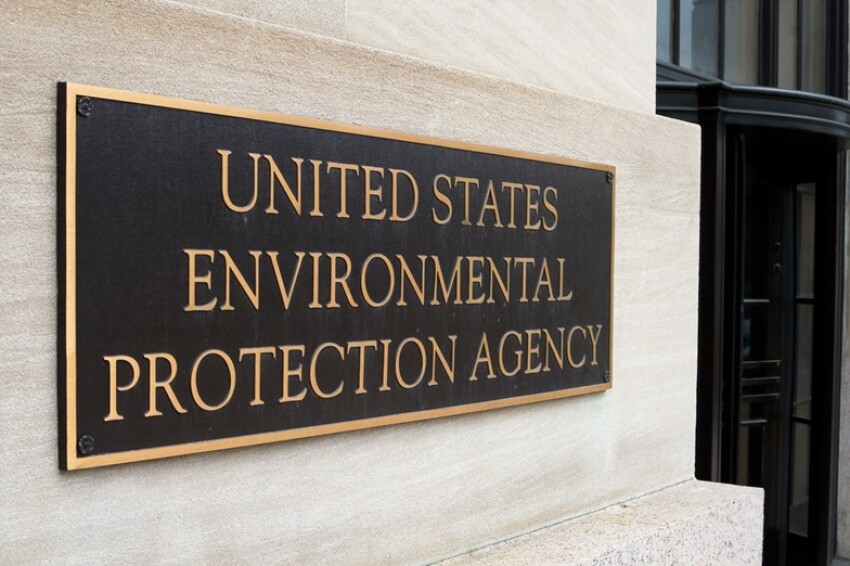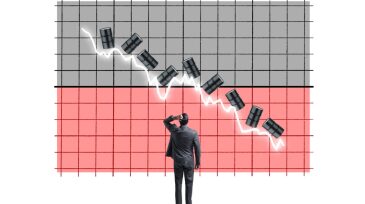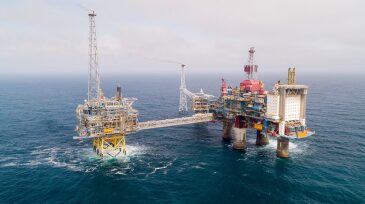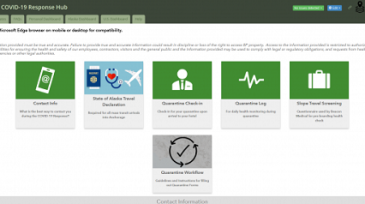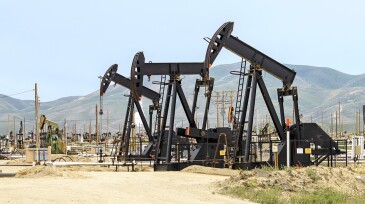HSE & Sustainability
The US Environmental Protection Agency withdraws its legal basis for federal vehicle GHG standards, setting up potential court challenges.
A DNV report on decarbonization says the Middle East and North Africa region is expected to become the world’s largest hydrogen exporter by 2060 while maintaining a dominant position in global oil and gas markets.
The planned facility was designed to process 34 MMcf/D of associated gas into fully refined gasoline.
-
Write-offs include billions for early-exploration-stage projects that the company will now cut.
-
The oil and gas industry was created by fierce entrepreneurs, wildcatters, and visionaries. But, in the last 50 years, it has lost its way. The industry desperately needs a paradigm shift. Here are four pillars upon which we think the reinvention of the oil and gas industry should be based.
-
Sleipner’s share in net-zero emissions savings will be more than 150,000 tonnes per year.
-
Between your current level of safety performance and excellent safety performance there is a gap. If you are going to reach excellence, you must bridge that gap. Before you can bridge it, you must identify the basic elements that create it.
-
The Bureau of Ocean Energy Management has released its Studies Development Plan, its roadmap for acquiring the scientific information it uses to make its decisions, for the upcoming fiscal year.
-
Launched in collaboration with industry leaders and academia, the Microsoft Energy Core aims to accelerate digital transformation, build coalitions for responsible innovation, deliver skilling initiatives, and address sustainability and societal challenges.
-
The oil and gas company is using a new online platform to track its out-of-state workers’ health. Now, it’s offering the code for the program to other organizations for free.
-
Protecting the oil and gas market is key to a thriving economy. The list of security challenges for oil and gas requires the best technology solutions the industry has to offer. A panel of experts addresses the question "What are the security challenges of the oil and gas market?"
-
Living near active oil and gas wells may put pregnant people at higher risk of having low-birth-weight babies, especially in rural areas, finds a new study of birth outcomes in California.
-
New Mexico state regulators vowed to keep the oil and gas industry in check during the COVID-19 pandemic and subsequent market collapse, as some groups worried that shut-in wells and other cost-saving measures could lead to operators flouting environmental regulations.

